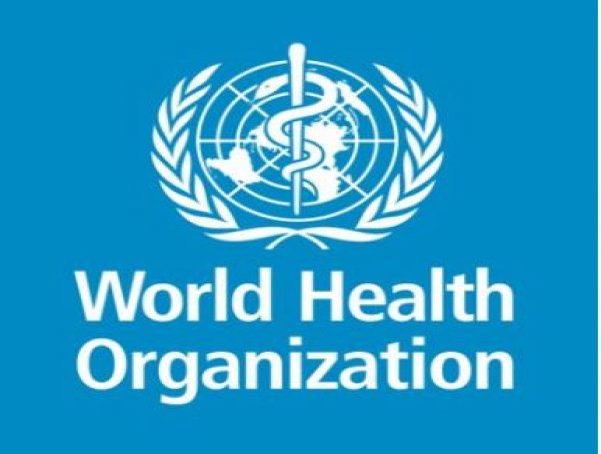
Zika Update – October 2018: We celebrate the good news that WHO (the World Health Organization) and the Caribbean Public Health Agency has removed Zika as a high level threat for the region due to no Zika having been detected for over 12 months in travelers returning from the Caribbean to their countries. While we continue to actively execute our Mosquito control program for everyone’s continued safety, we are relieved the proactive activities of the region have had a positive effect to the benefit of our guests and the local population.
Original post: March 2016:
We are in the midst of our busiest time of year here in Aruba and are enjoying welcoming familiar faces and first-time guests for a winter respite. In recent weeks, however, a less inviting issue has arisen – the mosquito-borne Zika virus. Given the prolific news coverage on the topic, we wanted to take this opportunity to share a little more about the situation and how we are addressing it.
Our guests’ wellness is of utmost importance, and we have been proactive at putting measures into place to ensure your comfort and safety. We are working closely with The Aruba Department of Health and are certified as part of their Mosquito-Controlled Hotel Program. In doing so, we have instituted the following practices:
· Inspecting and covering our outdoor water systems.
· Eliminating standing water.
· Installing traps around the property.
· Spraying regularly.
· Making insect repellent available at the Gift Shop.
We are fortunate to have Mother Nature on our side, as the trade winds on Eagle Beach are a natural deterrent of mosquitoes. Aruban authorities also schedule regular checks around the island and visit homes and businesses to eliminate potential breeding spots. They spray around the island regularly and monitor carefully.
Zika is a mosquito-borne viral infection primarily transmitted by the Aedis Aegypti species of mosquito. The virus dates back to the 1940s and was first detected in the Americas in 2014. Zika has been linked to the birth defect microcephaly, which was first reported in Brazil late last year.
Pregnant women who contract the virus through a mosquito bite can pass it along to their unborn child. Scientific testing is underway to conclusively prove that Zika is the cause of microcephaly, characterized by incomplete head and brain development, and other poor pregnancy outcomes. In the meantime, the perceived risk is great enough that the Centers for Disease Control and Prevention (CDC) have placed 14 countries in the Caribbean, including Aruba, under a Level 2 alert.
Women who are pregnant or thinking about becoming pregnant in the near future should monitor the situation so they can make informed decisions about their travel plans. The CDC recommends that these women consult their doctor and consider delaying non-essential travel plans to affected areas. If you fall into this category and decide to postpone your trip, please let us know as soon as possible so we can work with you to reschedule your stay. Note that our rates are refundable up to 15 days prior to your arrival. If you are planning a future trip, consider purchasing a travel insurance policy that offers a “Cancel For Any Reason” option to cover airfare and other pre-planned activities.
Everyone planning to visit should practice enhanced precautions to safeguard against mosquito bites. Some simple practices to put into place include using EPA-registered insect repellents after applying sunscreen, keeping doors shut while you are inside your room, and wearing long sleeves and pants whenever possible. Luckily in the Caribbean, it’s always a good time for linen! In addition to the major issues Zika can cause in pregnant women, one out of five people who come into contact with the virus will develop flu-like symptoms that last about a week. While these conditions are not life threatening, they also are not pleasant, so it’s better to be safe than sorry.
To-date, Aruba has 11 reported cases of locally transmitted Zika virus. We pledge to do our part to help contain this number until it is no longer an issue and we can all continue to enjoy peace, love & happiness. Naturally.